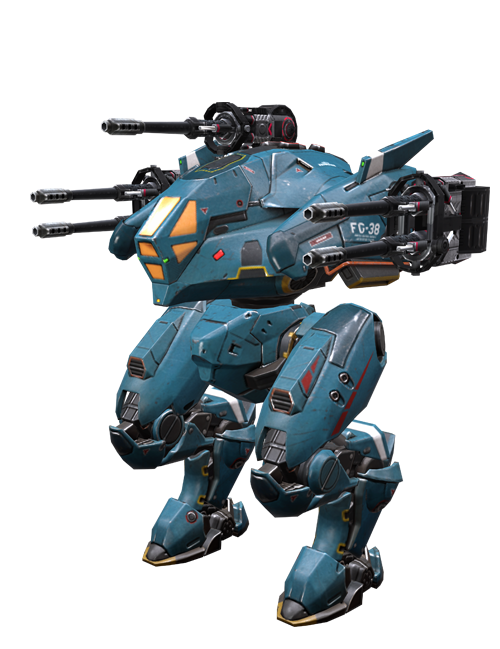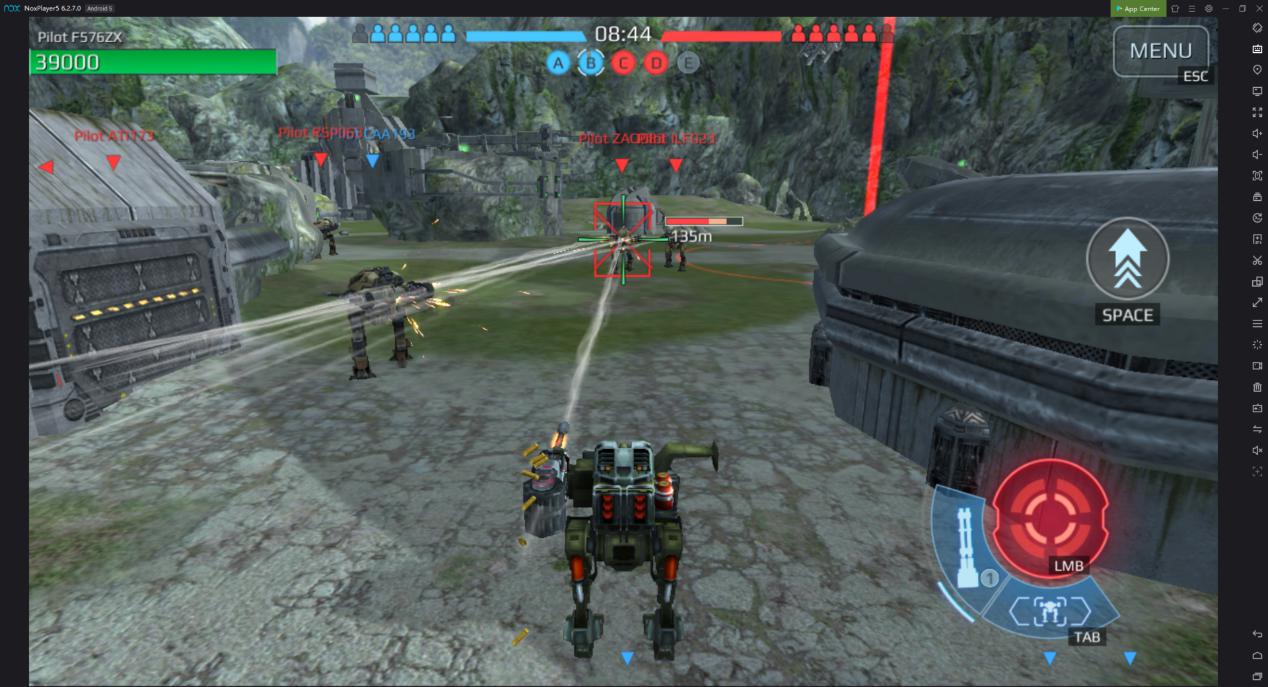


Pixonic started off monetizing War Robots with in-app purchases (IAP), but as the game’s popularity grew, the team considered video ads. I’d say we are still a development team rather than a live-ops team.” “I did that, and we’ve been adding features on the fly ever since. “I’m not sure if we have integrated a live-ops strategy for War Robots, as it’s very much still in development, but we’re continually adding features.” He joined Pixonic in 2015, after the game’s release, and his first job was fixing design bugs. What many call “live ops,” Vladimir would probably call “kaizen” – continuous improvement. This constant sharing and learning contributes to another strong attribute of the Pixonic culture. “When they return,” Vladimir said, “we ask them to share, sometimes as speakers, what they learned with others both inside and outside the company.” Pixonic sends some developers to a number of industry events such as Game Developers Conference (GDC), Tokyo Game Show (TGS), White Nights, Unity’s Unite conferences, and many others. No single company possesses all the expertise in the industry, so why keep everything you do secret? The market is huge and it’s big enough for all of us.” “Sharing experiences helps both us and other developers. “We want to change that,” declared Vladimir Krasilnikov, Head of Game Design at Pixonic. The tight Russian economy promotes fierce competition, and many view the gaming industry as closed and isolated. Pixonic has consistently fostered an open studio culture both externally and internally.


 0 kommentar(er)
0 kommentar(er)
